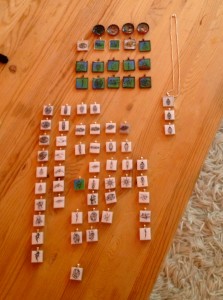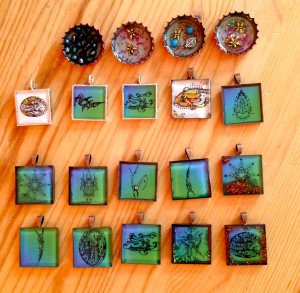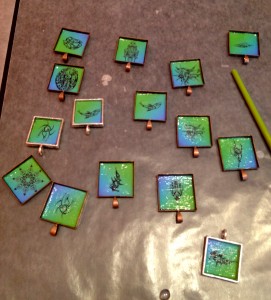
Let me repeat that. Hooey.
You do not need to have a blog. You do need to have a website that lists your publications and provides a way to contact you, so people can track you down if they want to. That’s it. The world is full of blogs with writing advice from people with only a few publications under their belt. Sometimes they give good advice, sometimes they don’t. It’s not ordained that you must contribute your quota of “avoid adverbs!” to the pool.
What else do you really need? You need to be writing steadily and sending stuff out.
Yes, if you have 50K Twitter followers, you may be more desirable in an editor’s eyes. But the time and effort you would need to spend growing that Twitter following from scratch would be better spent writing. You are not going to gain swarms of followers unless you are putting some effort into entertaining and informing them.
If blogging is going to be a chore for you, then don’t do it. Or engage in a very simple form of blogging: post a brief excerpt of what you wrote that day (or week, or whatever). You’ll find people are just as satisfied with an interesting story chunk as that preachy bit about not piling adjectives together. And, when the piece is published, that announcement gives you something else to put on the blog.
John Scalzi gets mentioned as a blogging success story. What doesn’t get mentioned is that he put an entire book up a bit at a time, and gained much of his following that way. Scalzi does have the sort of web presence that would make a publisher lick their chops. That sort of web presence doesn’t come easily.








9 Responses
I hope you realize your friend was quoting Samuel Goldwyn. Unless you were friends with Samuel Goldwyn, in which case your caption is awesome.
Yeah, blogging is pretty separate from writing. Also, I feel like lots of successful writer blogs are read more by people who came to the blog from the writing. Even in those cases, it does seem like a good way to keep in touch with your super fans. But not necessary. Certainly not more necessary than writing good books.
Thank you for this. I find blogging to be an unpleasant activity and would rather write novels or communicate on Twitter. I just joined an author’s group that keeps harping on the “All writers need to blog to grow your platform!” thing. It was starting to get to me.
If you find it unpleasant, that’s going to show through in the posts, I think. It’s best to focus efforts on the things you feel enthusiastic about and enjoy, at least as much as that is possible.
Not to mention the platform that comes from writing about writing is all writers and not a general audience.
That’s an excellent point.